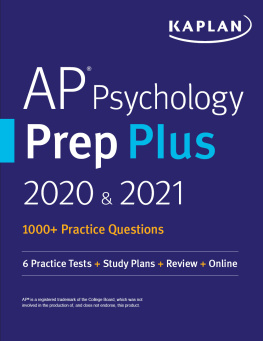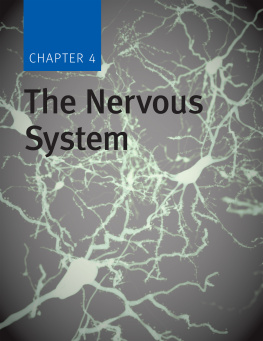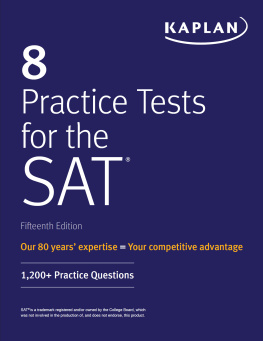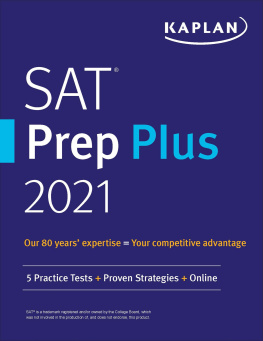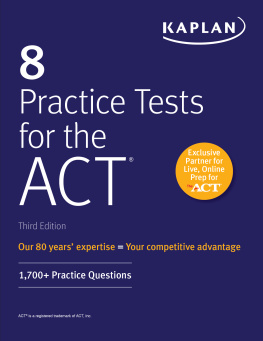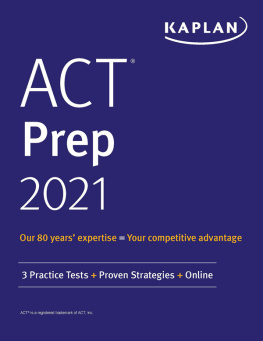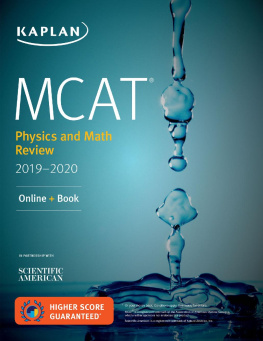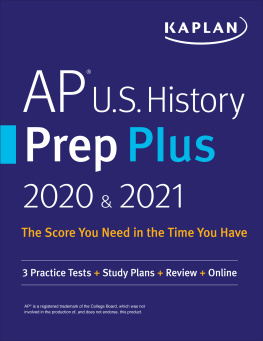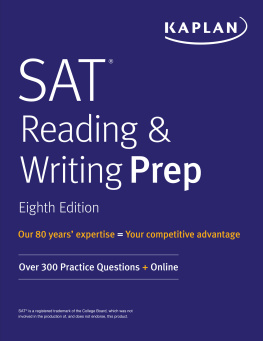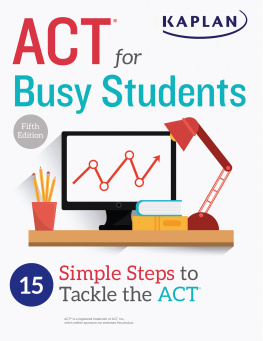Kaplan Test Prep - AP Psychology Prep Plus 2020 & 2021
Here you can read online Kaplan Test Prep - AP Psychology Prep Plus 2020 & 2021 full text of the book (entire story) in english for free. Download pdf and epub, get meaning, cover and reviews about this ebook. year: 2020, publisher: Kaplan Publishing, genre: Romance novel. Description of the work, (preface) as well as reviews are available. Best literature library LitArk.com created for fans of good reading and offers a wide selection of genres:
Romance novel
Science fiction
Adventure
Detective
Science
History
Home and family
Prose
Art
Politics
Computer
Non-fiction
Religion
Business
Children
Humor
Choose a favorite category and find really read worthwhile books. Enjoy immersion in the world of imagination, feel the emotions of the characters or learn something new for yourself, make an fascinating discovery.
- Book:AP Psychology Prep Plus 2020 & 2021
- Author:
- Publisher:Kaplan Publishing
- Genre:
- Year:2020
- Rating:3 / 5
- Favourites:Add to favourites
- Your mark:
- 60
- 1
- 2
- 3
- 4
- 5
AP Psychology Prep Plus 2020 & 2021: summary, description and annotation
We offer to read an annotation, description, summary or preface (depends on what the author of the book "AP Psychology Prep Plus 2020 & 2021" wrote himself). If you haven't found the necessary information about the book — write in the comments, we will try to find it.
AP Psychology Prep Plus 2020 & 2021 — read online for free the complete book (whole text) full work
Below is the text of the book, divided by pages. System saving the place of the last page read, allows you to conveniently read the book "AP Psychology Prep Plus 2020 & 2021" online for free, without having to search again every time where you left off. Put a bookmark, and you can go to the page where you finished reading at any time.
Font size:
Interval:
Bookmark:

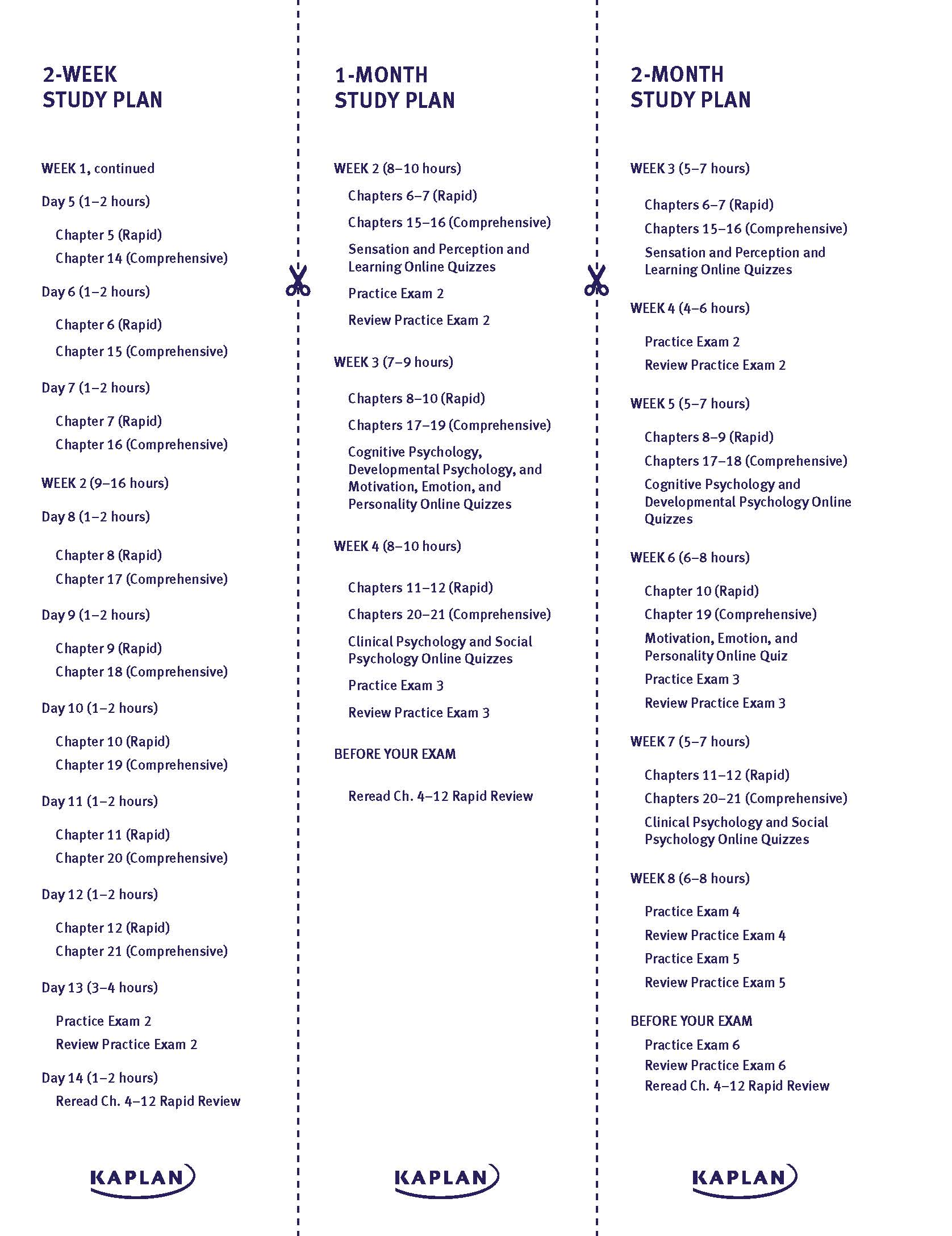
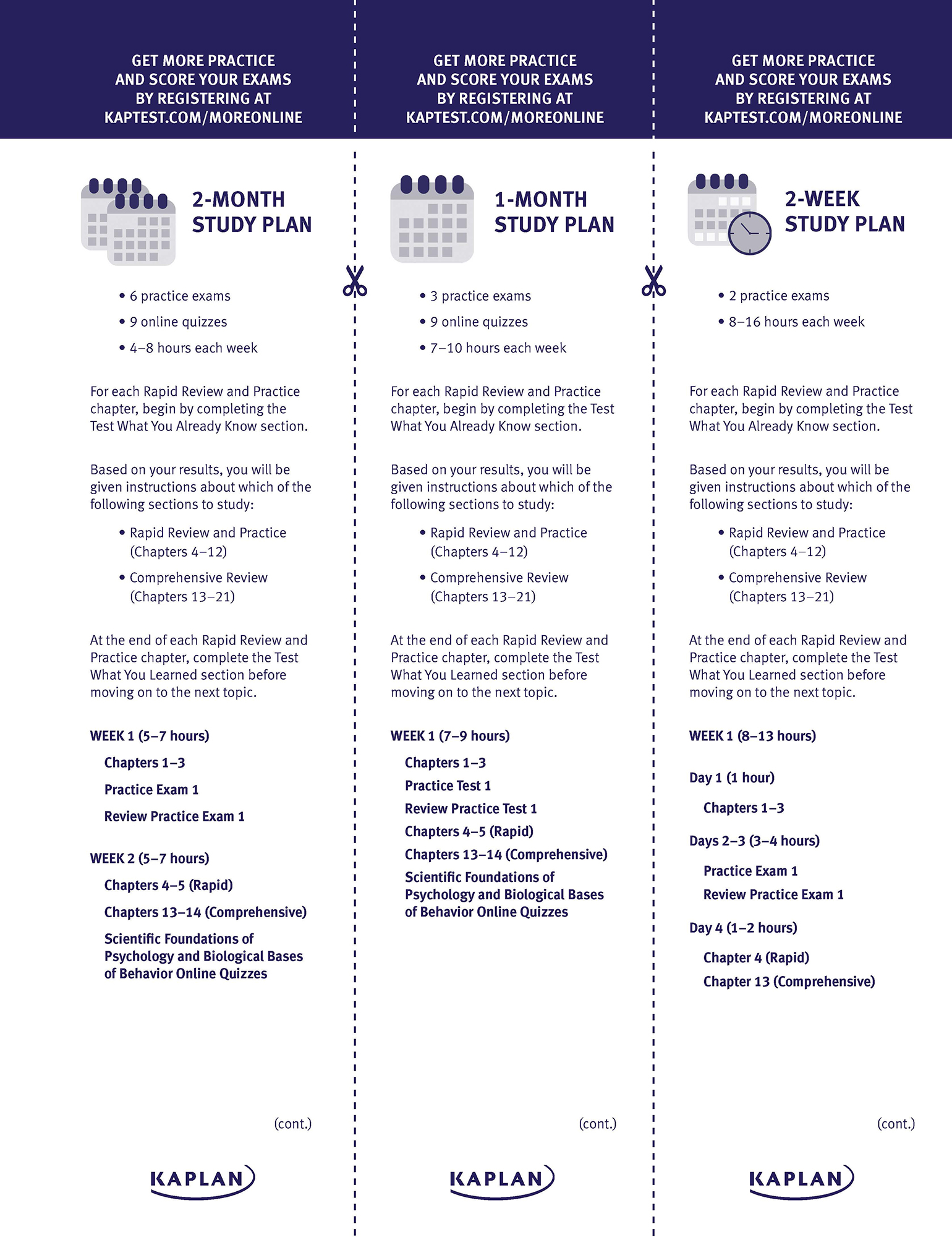

AP
Psychology
Prep Plus
2020 & 2021
AP is a registered trademark of the College Board, which was not involved in the production of, and does not endorse, this product.
Editor:
M. Dominic Eggert
Special thanks to the following for their contributions to this text: Kathleen Alto, Elizabeth Babcock-Atkinson, Steve Bartley, Jimmy Carney, Olivia Cortellini, Brandon Deason, Monique Diderich, Tim Eich, Elizabeth Flagge, Paul Forn, Ashley Gifford, Joanna Graham, Adam Grey, Allison Harm, Katy Haynicz-Smith, Peter Haynicz-Smith, Samee Kirk, Rebecca Knauer, William Kochen, Laura Krivicich, Jennifer Land, Charlotte Larson, Liz Laub, Mandy Luk, Maureen McMahon, Jenn Moore, Iain Morton, Kristin Murner, Monica Ostolaza, Jose Pamintuan, Aishwarya Pillai, Dominique Polfliet, Maria Pomponio, Andrea Quinn, Mary Jo Rhodes, Jason Selzer, Noah Silva, Vaishnavi Tata, Rebecca Truong, Oscar Velazquez, Lee Weiss, Robert Verini, Veena Veeravalli, Bonnie Wang, Shayna Webb-Dray, Dan Wittich, MJ Wu, Jessica Yee, Amy Zarkos, and Nina Zhang.
AP is a registered trademark of the College Board, which was not involved in the production of, and does not endorse, this product.
This publication is designed to provide accurate information in regard to the subject matter covered as of its publication date, with the understanding that knowledge and best practice constantly evolve. The publisher is not engaged in rendering medical, legal, accounting, or other professional service. If medical or legal advice or other expert assistance is required, the services of a competent professional should be sought. To the fullest extent of the law, neither the Publisher nor the Editors assume any liability for any injury and/or damage to persons or property arising out of or related to any use of the material contained in this book.
All rights reserved under International and Pan-American Copyright Conventions. By payment of the required fees, you have been granted the non-exclusive, non-transferable right to access and read the text of this eBook on screen. No part of this text may be reproduced, transmitted, downloaded, decompiled, reverse engineered, or stored in or introduced into any information storage and retrieval system, in any form or by any means, whether electronic or mechanical, now known or hereinafter invented, without the express written permission of the publisher.
2020 by Kaplan, Inc.
Published by Kaplan Publishing, a division of Kaplan, Inc.
750 Third Avenue
New York, NY 10017
10 9 8 7 6 5 4 3 2 1
ISBN: 978-1-5062-5978-9
Kaplan Publishing print books are available at special quantity discounts to use for sales promotions, employee premiums, or educational purposes. For more information or to purchase books, please call the Simon & Schuster special sales department at 866-506-1949.
Editor:
M. Dominic Eggert
Special thanks to the following for their contributions to this text: Kathleen Alto, Elizabeth Babcock-Atkinson, Steve Bartley, Jimmy Carney, Olivia Cortellini, Brandon Deason, Monique Diderich, Tim Eich, Elizabeth Flagge, Paul Forn, Ashley Gifford, Joanna Graham, Adam Grey, Allison Harm, Katy Haynicz-Smith, Peter Haynicz-Smith, Samee Kirk, Rebecca Knauer, William Kochen, Laura Krivicich, Jennifer Land, Charlotte Larson, Liz Laub, Mandy Luk, Maureen McMahon, Jenn Moore, Iain Morton, Kristin Murner, Monica Ostolaza, Jose Pamintuan, Aishwarya Pillai, Dominique Polfliet, Maria Pomponio, Andrea Quinn, Mary Jo Rhodes, Jason Selzer, Noah Silva, Vaishnavi Tata, Rebecca Truong, Oscar Velazquez, Lee Weiss, Robert Verini, Veena Veeravalli, Bonnie Wang, Shayna Webb-Dray, Dan Wittich, MJ Wu, Jessica Yee, Amy Zarkos, and Nina Zhang.
AP is a registered trademark of the College Board, which was not involved in the production of, and does not endorse, this product.
All rights reserved under International and Pan-American Copyright Conventions. By payment of the required fees, you have been granted the non-exclusive, non-transferable right to access and read the text of this eBook on screen. No part of this text may be reproduced, transmitted, downloaded, decompiled, reverse engineered, or stored in or introduced into any information storage and retrieval system, in any form or by any means, whether electronic or mechanical, now known or hereinafter invented, without the express written permission of the publisher.
2020 by Kaplan, Inc.
Published by Kaplan Publishing, a division of Kaplan, Inc.
750 Third Avenue
New York, NY 10017
10 9 8 7 6 5 4 3 2 1
ISBN: 978-1-5062-5978-9
Kaplan Publishing print books are available at special quantity discounts to use for sales promotions, employee premiums, or educational purposes. For more information or to purchase books, please call the Simon & Schuster special sales department at 866-506-1949.
Started
The AP Psychology exam is divided into two sections. Section I gives you 70 minutes to answer 100 multiple-choice questions covering a variety of topics from introductory psychology. Each question contains five possible answer choices, with only one correct response. The nine official AP Psychology course units, along with the frequency of questions on each topic, are as follows:
Unit 1: Scientific Foundations of Psychology (1014%)
Unit 2: Biological Bases of Behavior (810%)
Unit 3: Sensation and Perception (68%)
Unit 4: Learning (79%)
Unit 5: Cognitive Psychology (1317%)
Unit 6: Developmental Psychology (79%)
Unit 7: Motivation, Emotion, and Personality (1115%)
Unit 8: Clinical Psychology (1216%)
Unit 9: Social Psychology (810%)
Section II gives you 50 minutes to answer two free-response questions. These questions can involve any of the content tested in the multiple-choice section, but will require you to make connections across a variety of theories and ideas that relate to each questions theme. To receive full credit on one of these questions, youll need to write a brief essay that discusses a number of specified concepts or completes a number of particular tasks, often listed as bullet points in the prompt.
Section I is worth 100 points (one point per question), two-thirds of the total points on the exam. The questions in Section II are each worth 7 raw points. These raw points are then multiplied by a constant term ( or about 3.57) in order to yield a weighted score out of 25 points for each of the two questions. Altogether, the 50 points available in Section II constitute one-third of the exam total.
or about 3.57) in order to yield a weighted score out of 25 points for each of the two questions. Altogether, the 50 points available in Section II constitute one-third of the exam total.
 AP Expert Note
AP Expert Note
The Power of Guessing
Each correct multiple-choice question is worth one point, but no points are deducted from your score for answering a question incorrectly. So be sure to fill in an answer for every question! Even a blind guess has a 20% chance of being correct.
Font size:
Interval:
Bookmark:
Similar books «AP Psychology Prep Plus 2020 & 2021»
Look at similar books to AP Psychology Prep Plus 2020 & 2021. We have selected literature similar in name and meaning in the hope of providing readers with more options to find new, interesting, not yet read works.
Discussion, reviews of the book AP Psychology Prep Plus 2020 & 2021 and just readers' own opinions. Leave your comments, write what you think about the work, its meaning or the main characters. Specify what exactly you liked and what you didn't like, and why you think so.

